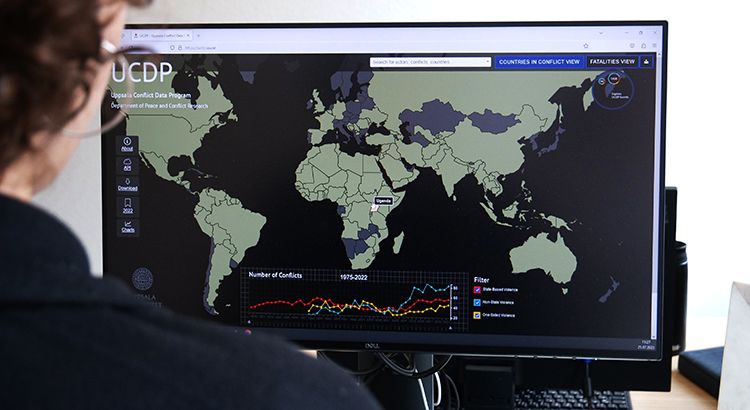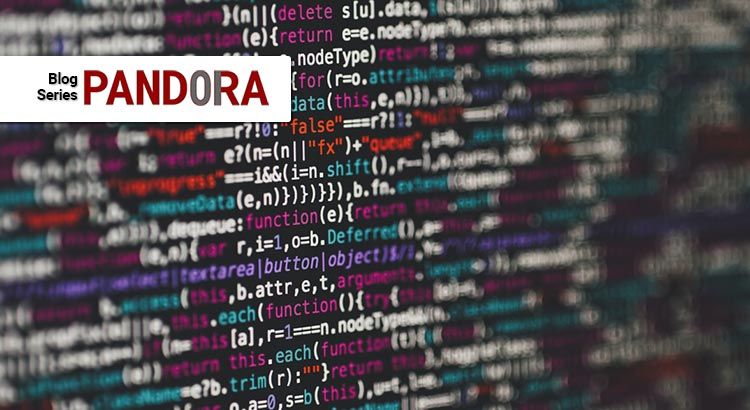Wie verlässlich sind Daten zu Todesopfern in bewaffneten Konflikten?
Viele vergleichende Studien untersuchen die Effekte von Vermittlung, Sanktionen oder militärischen Interventionen auf Dauer und Verlauf bewaffneter Konflikte. Sie nehmen dabei an, dass die verfügbaren Daten das Auf und Ab der tödlichen Gewalt über Zeit sowie Unterschiede je nach Ort hinreichend gut abbilden. Einige Arbeiten leiten aus ihren Befunden Empfehlungen für die Politik ab. Auch das jährliche Friedensgutachten nutzt die Daten eines führenden Anbieters. Dessen Angaben dienen des Weiteren dazu, die Eskalation von Auseinandersetzungen zu prognostizieren. Ihre breite Verwendung wirft die Frage auf, wie sehr man sich auf diese Konfliktdaten verlassen kann.



